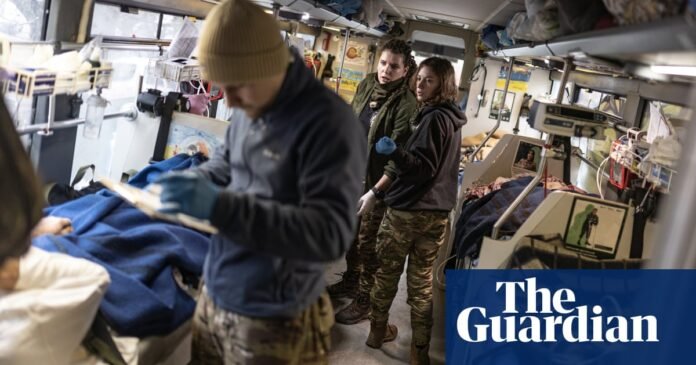Escalating Cyber Warfare: Russia’s Alleged Attack on Ukraine’s State Registries
In a significant escalation of hostilities in the ongoing conflict between Russia and Ukraine, Ukrainian officials have accused Russia of orchestrating a mass cyber-attack targeting the country’s state registries. This incident, described as one of the largest external cyber-attacks in recent times, has raised alarms about the vulnerability of Ukraine’s critical infrastructure. Ukrainian Deputy Prime Minister Olha Stefanishyna took to Facebook to announce the attack, stating that the unified and state registries under the jurisdiction of the Ministry of Justice of Ukraine were temporarily suspended due to the assault. She emphasized that the attack was clearly aimed at disrupting essential governmental operations, highlighting the ongoing cyber warfare that has become a hallmark of the conflict.
The implications of such cyber-attacks are profound. They not only disrupt governmental functions but can also undermine public trust in state institutions. As Ukraine works to restore its systems, the incident serves as a stark reminder of the increasing reliance on digital infrastructure and the vulnerabilities that come with it. Cyber warfare has emerged as a critical front in modern conflicts, and this incident underscores the need for robust cybersecurity measures to protect sensitive information and maintain operational continuity.
Putin’s Peace Proposals Amidst Ongoing Conflict
In a related development, Russian President Vladimir Putin has expressed a willingness to engage in peace talks with former U.S. President Donald Trump, framing the ongoing war in Ukraine as a catalyst for Russia’s newfound strength. During his annual phone-in event, Putin claimed that the conflict had fortified Russia, suggesting that the nation was now more resilient and capable than before. He stated that Moscow was "ready for negotiations and compromises" to bring an end to the fighting. However, his remarks were tempered by a maximalist stance that included demands for the retention of Crimea and other occupied territories, a guarantee that Ukraine would not join NATO, and the lifting of Western sanctions.
Putin’s overtures for dialogue come at a time when the international community is increasingly wary of Russia’s intentions. His insistence on maintaining territorial gains and rejecting NATO membership for Ukraine raises questions about the sincerity of his peace proposals. The juxtaposition of a willingness to negotiate with a hardline stance reflects the complexities of the geopolitical landscape, where both sides remain entrenched in their positions.
The Assassination of a Senior Russian General
Adding to the tumultuous atmosphere, an Uzbek citizen has been charged in connection with the assassination of a senior Russian general and his assistant in a bombing that Ukraine’s security services have claimed responsibility for. Akhmadzhon Kurbonov was detained by a Moscow court following the attack that killed Lieutenant General Igor Kirillov, the head of Russia’s chemical weapons unit. The charges against Kurbonov include carrying out a terrorist act and illegally manufacturing explosives.
This incident highlights the increasingly violent nature of the conflict and the lengths to which both sides are willing to go to assert their dominance. The assassination of a high-ranking military official not only signifies a tactical blow to Russia but also raises the stakes for Ukraine, as it navigates the complexities of asymmetric warfare. The involvement of foreign nationals in such operations further complicates the narrative, suggesting a broader network of actors engaged in the conflict.
Conclusion
The recent developments in the Russia-Ukraine conflict illustrate the multifaceted nature of modern warfare, where cyber-attacks, diplomatic overtures, and violent confrontations intertwine. As Ukraine grapples with the fallout from the cyber-attack on its state registries, the international community watches closely, aware that the stakes are higher than ever. Putin’s claims of strength and readiness for negotiations, juxtaposed with aggressive military actions, create a precarious situation that could have far-reaching implications for regional stability and global security. As both sides continue to maneuver through this complex landscape, the path to peace remains fraught with challenges and uncertainties.


